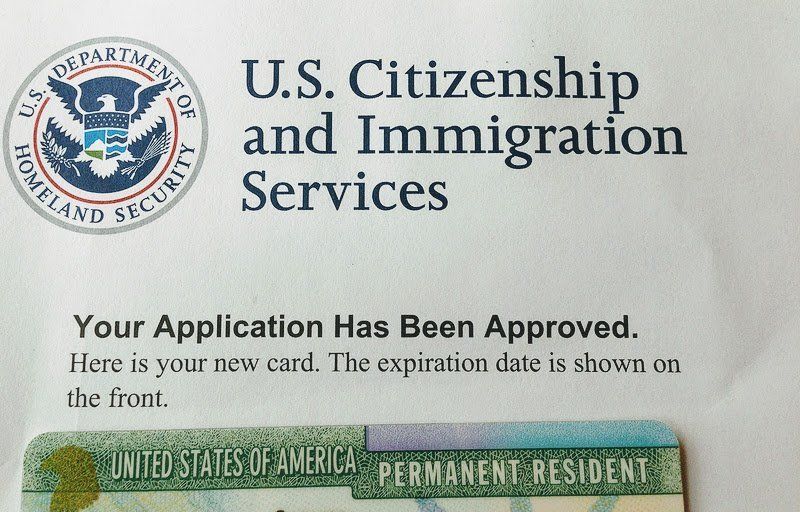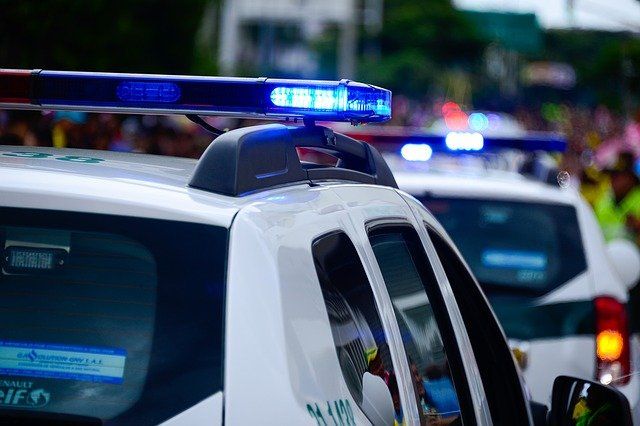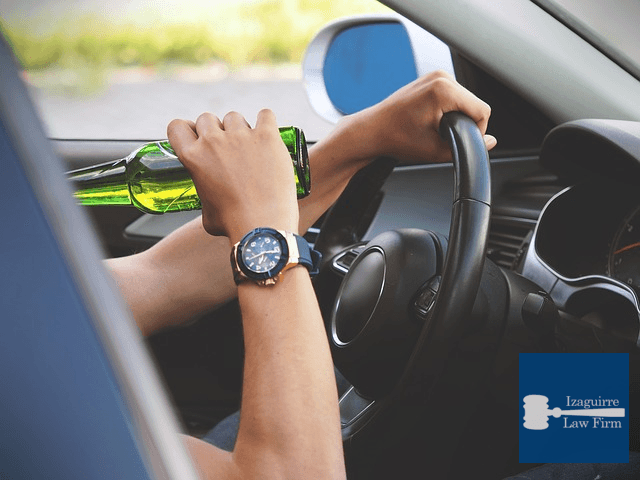Petición de Familiar Extranjero
El Proceso General

Para cada petición una Forma I-130 tiene que ser sometida.
Documentos necesarios o requeridos por las Oficinas de Inmigración puede variar por petición.
El proceso puede ser de dos maneras:
Proceso ConsularSi el familiar siendo pedido entro al país ilegalmente tendrá que salir del país para la entrevista.
-La Forma I-130 es sometida para aprobación
-Después de que la Forma I-130 es aprobada se envía la aplicación para la Visa
-Luego de la Visa sigue el Perdón
- La cita para la entrevista es mandada por la Oficina de Inmigración.
Ajuste de Estatus
Si un familiar inmediato que está siendo pedido entro al país con una visa él o ella podrá calificar para un ajuste de estatus sin tener que salir del país.
- Su familiar podrá calificar aunque se haya quedado en el país después del vencimiento
de su visa.
-Podrá hacer el proceso de Residencia Permanente dentro del país.
-Todas las formas necesarias para el proceso son enviadas a la misma vez.
-Hay una espera de 4-6 meses
- La cita para la entrevista es mandada por la Oficina de Inmigración.
Que familiares puedo pedir?
Como Residente:
-Esposo o Esposa
-Hijos no casados sin importar la edad.
*Hijos no casados mayores de 21 podrán ser pedidos pero tendrán que esperar a que una visa
sea disponible para ellos.
*Si un hijo que ha sido pedido se casa antes de que el proceso sea finalizado su petición
será revocada inmediatamente.
*Un residente no puede pedir a un hijo casado .
*Al llenar una petición, el familiar siendo pedido tendrá que tener un patrocinador financiero. El patrocinador puede
pero no tiene que ser el peticionario, cualquier otra persona puede patrocinar a la persona siendo pedida.
Como un Ciudadano:
Es requerido que el peticionario sea por lo menos de 21 años de edad.
-Esposo o Esposa
-Hijos casados o solteros
-Padres
-Hermanos y Hermanas
*La familia inmediata no tendrá que esperar en línea para disponibilidad de visas. La petición es
procesada cuando la Forma I-130 es aprobada.
*Hermanos y hermanas siendo pedidos que son casados tendrán que esperar en línea para la disponibilidad de visas. En la petición de un hermano/a podrá ser incluida su familia inmediata (Esposo/a e hijos).
*Al llenar una petición, el familiar siendo pedido tendrá que tener un patrocinador financiero. El patrocinador puede
pero no tiene que ser el peticionario, cualquier otra persona puede patrocinar a la persona siendo pedida.
Para una consulta gratis y saber como lo podemos ayudar llame a nuestra oficina al 281 227 8999




